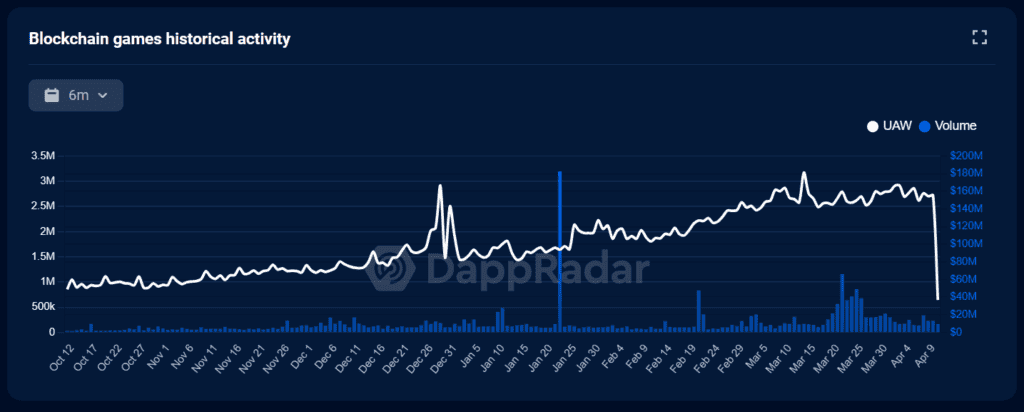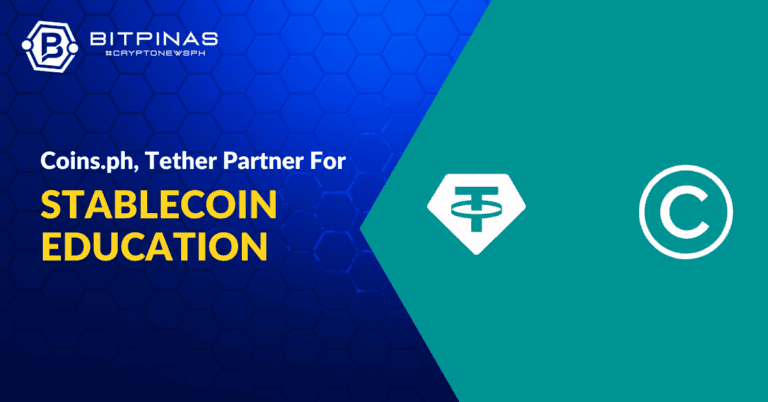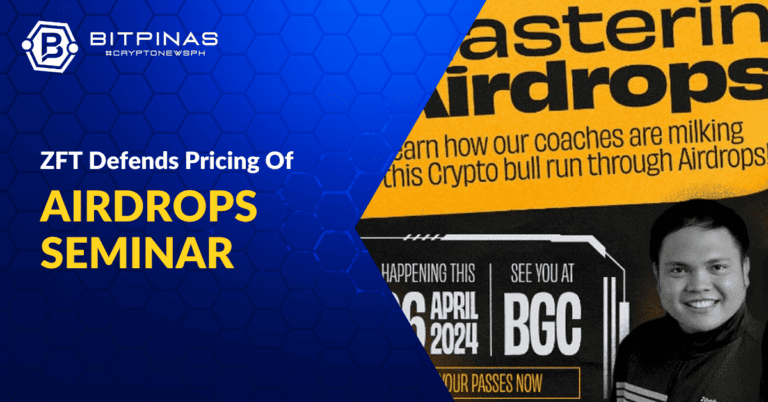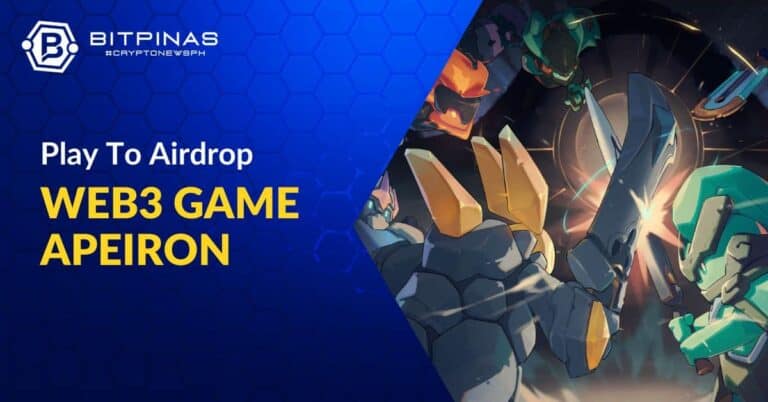Is Play-To-Earn Returning? Stats Reflect Web3 Game Resurgence
Learn about the resurgence of the play-to-earn (P2E) model in the web3 gaming sector, the debate over its sustainability, and how players earn rewards for in-game activities.

Editing and additional information by Michael Mislos
Following a downturn in the cryptocurrency market during the bear market, the web3 gaming sector experienced a similar setback as participants and investors withdrew.
However, with the current resurgence in market activity, there is a noticeable uptick in the play-to-earn (P2E) space, indicating a gradual recovery.
Table of Contents
A recent post by Jeffrey “Jihoz” Zirlin, Co-Founder of Sky Mavis, reignited discussions about the resurgence of the play-to-earn model, which gained prominence during the peak of games like Axie Infinity in 2021.
“I don’t make the rules. We must observe what’s happening and working in the universe and have flexible minds.”
Jeffrey “Jihoz” Zirlin, Co-Founder, Sky Mavis
Zirlin referenced the surging interest in P2A or play-to-airdrop, a marketing approach in the web3 space aimed at incentivizing early adopters to engage with a new project.
Accordingly, Gabby Dizon, Co-Founder of homegrown gaming guild Yield Guild Games (YGG), reaffirmed Zirlin’s note, saying that P2E is about user acquisition.
“Always has been. P2E is direct UA. User acquisition without great in-game metrics doesn’t work too. If you can create enough buy demand to offset sell pressure from emissions, then you have a business.”
Gabby Dizon, Co-Founder, Yield Guild Games
Another user who goes by the name of LATSO.ron argued on the financial dynamics of play-to-earn in gaming, specifically on whether or not outflows will always exceed inflows. Dizon said this is both a mathematical and game design challenge, with potential solutions including designing sinks that outweigh outflows, as demonstrated by the guild system in Pixels Online.
Some ways to balance inflows and outflows that emerged from the discussion could be third-party partnerships, like ads and mint partners.
Opinion on Play-to-Earn Stability
In another post, Zirlin suggested that it could now be feasible to earn income for daily necessities like rice simply by engaging in gaming activities.
“What if you could earn a kilo of rice by playing Axie for 10 minutes per day, 7 days a week?” ZIrlin wrote.
This has sparked more discussions about play-to-earn:
- Dave from Valte.io contended that P2E models, if consistently predictable, often lead to unsustainable outcomes like Ponzi schemes or dependency on external funding.
- However, Kenneth Liu, CEO and co-founder of Everseed, suggested that consistent and predictable P2E models can succeed with the right product design. Players, he said could happily play a fun game and be reward both intrinsically and extrinsically, thus providing them with other motivations to spend money outside of seeking returns.
“That’s real revenue with no attached liabilities. That incoming revenue can then be paid out to players (avoiding 30% platform tax helps) with the dev team taking less margin vs. Web2 companies.”
Kenneth Liu, CEO, Everseed
Meanwhile, web3-focused content creator Kookoo Crypto TV argues that some skeptics of the play-to-earn model might not have the perspective of someone who is in Asia and Latin America, where the model thrive in 2021.
“Just realized many critics of #playtoearn’s sustainability are from developed nations. Could it be they overlook potential in Asia, LATAM, and India? These critics lack credentials – no game development or token economy design experience.”
Kookoo Crypto TV, web3 content creator
What are the current web3 game metrics?

According to data from DappRadar, the Unique Active Wallets (UAW) and Volume in blockchain games from October 2023 to April 2024.
- The UAW exhibited a significant spike in November followed by a gradual increase.
- The volume, on the other hand, indicated heightened activity in November and April.
As for Axie Infinity, the DappRadar data shows that in the last 30 days, the game experienced a decrease in UAW by 11.95%, totaling 67.98k users.
- Transaction volume decreased by 23.26%, with 827.33k transactions recorded.
- However, there was a notable increase in trading volume, reaching $90.94 million, marking a 26.7% rise.
- Additionally, the total balance on the platform decreased by 16.01%, amounting to $1.23 billion.
Other Ronin games, on the other hand, experienced a substantial increase in Unique Active Wallets over the last 30 days.
- Pixels UAW went up by 58.97%, reaching 1.59 million users.
- Apeiron also saw a rise in UAW by 37.94%, with 136.69k users recorded.
- Kaidro Chronicles experienced an impressive doubling of UAW, reaching 351.29k users.
What is Play-to-Earn?
The play-to-earn (P2E) model is a gaming concept where players earn rewards, usually in the form of cryptocurrency or digital assets, for their in-game activities and achievements.
This model allows players to monetize their gaming skills and time spent in the game by receiving tokens or other valuable items that can be traded or used within the game’s ecosystem.
In 2021, it can be remembered how this model was popularized in the Philippines as Axie Infinity helped several Filipinos earn their living after the pandemic left them jobless. This model also leads to the creation of several gaming guilds in the country.
This article is published on BitPinas: Is Play-To-Earn Returning? Stats Reflect Web3 Game Resurgence
Disclaimer:
- Before investing in any cryptocurrency, it is essential that you carry out your own due diligence and seek appropriate professional advice about your specific position before making any financial decisions.
- BitPinas provides content for informational purposes only and does not constitute investment advice. Your actions are solely your own responsibility. This website is not responsible for any losses you may incur, nor will it claim attribution for your gains.






![[Event Recap] Mid-Winter Fireside: Crypto Winter in Three Perspectives 10 [Event Recap] Mid-Winter Fireside: Crypto Winter in Three Perspectives](https://bitpinas.com/wp-content/uploads/2022/08/first-recap-768x402.png)



